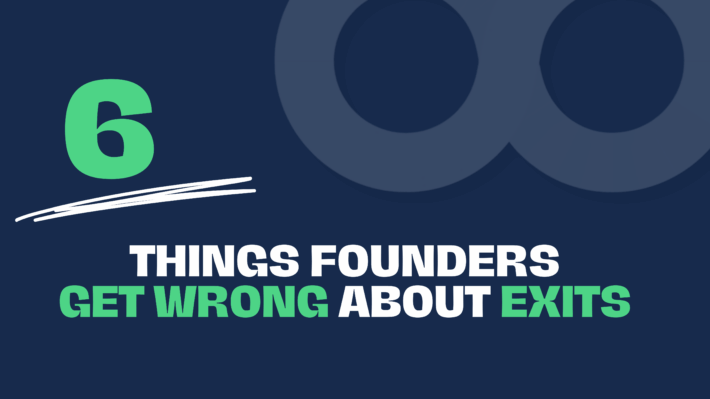Employee Ownership: A Great Alternative to Selling to Trade

Business owners often find themselves at a crossroads when it comes to the future of their business. One traditional path has been to sell the business to a trade buyer or an external investor. However, an alternative approach is now gaining traction – employee ownership. This model offers a viable exit strategy and comes with many benefits for business owners.
Let’s explore the advantages of employee ownership and why it could be a superior option to sell to trade buyers.
Simple, Smoother Process
When choosing to transfer the ownership to existing employees the selling process can be much simpler. Existing employees already know how the business works and understand the goals and ambitions for the future. With the added opportunity of owning a part of the company, employees become more vested and will want the process to move faster than other traditional methods which may feel risky to them.
Cost effective
Employee Ownership can be more cost effective than traditional methods, with third party fees considerably reduced and the ability to transition online via the Valloop Exchange, streamlining the entire process.
Preservation of Company Legacy
When business owners choose to sell to trade buyers, they often relinquish control over their company’s future direction and culture. In contrast, employee co-ownership allows the founder to pass on their vision and values to a team that is already invested in the company’s success. This continuity can be reassuring for owners who want their company to remain true to its roots.
Motivated and Committed Workforce
Employee ownership encourages a sense of ownership and responsibility among the workforce. When employees own a part of the company they have a vested interest in the company’s success, resulting in a more motivated workforce. This increased commitment can lead to improved productivity and creativity, benefiting the business.
Skill and Loyalty
When transitioning to employee ownership, the existing senior management team often continues to lead the company. This continuity ensures that the business retains the skills and knowledge needed for sustained success. These senior managers are also committed to the organisation’s welfare, making them loyal and dedicated.
Improve Culture
Employee ownership promotes a more inclusive and participatory culture. Employees have an opportunity to participate in decision-making. This allows for a sense of involvement and can lead to a more open and collaborative workplace, fostering innovation and creativity.
Stronger Community Ties
When employees become co-owners, they often develop stronger connections with the local community. Co-owners can develop an interest in the company’s reputation and community impact, which can result in more responsible corporate citizenship.
Long-Term Growth
Employee ownership can provide a long-term view of the business. Co-owners are more likely to focus on sustainable growth rather than quick profits. This approach aligns with the interests of the business owner who wishes to see their company thrive over the years.
As you can see employee co-ownership offers a compelling alternative to selling a business to trade buyers. It provides business owners with the opportunity to partner with Valloop and take advantage of their capital resources and knowledge. Business owners also get to preserve their company’s heritage, maintain a motivated workforce, and enjoy cost advantages.
It can also go beyond financial considerations, creating a lasting, positive impact on the business, its employees, and the community it serves. It’s a choice that allows business owners to secure their legacy while empowering their employees to shape a brighter future.





